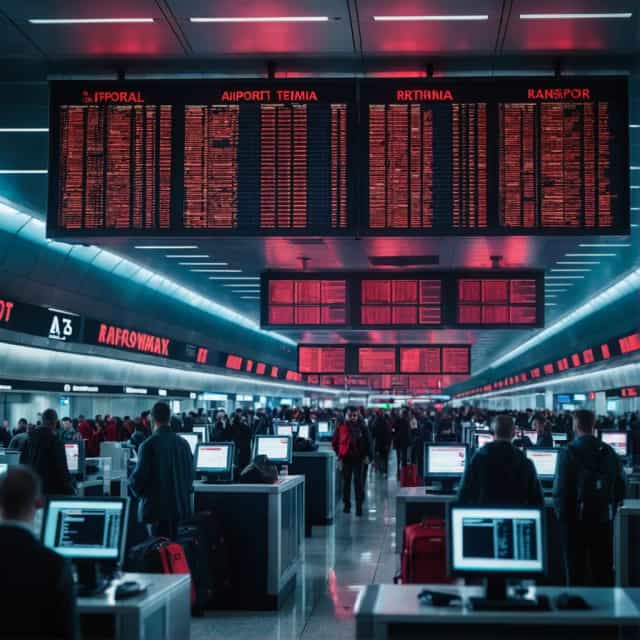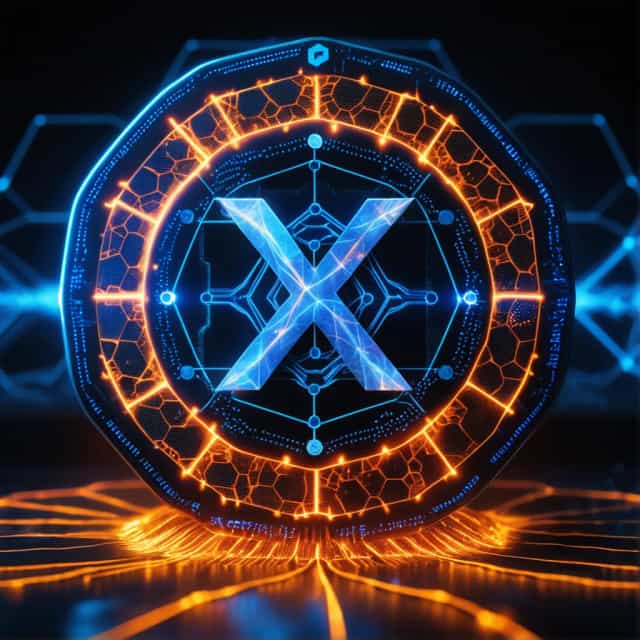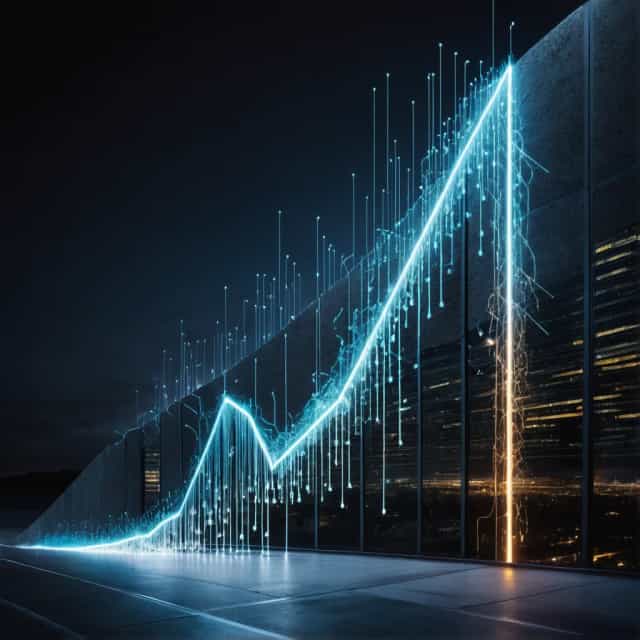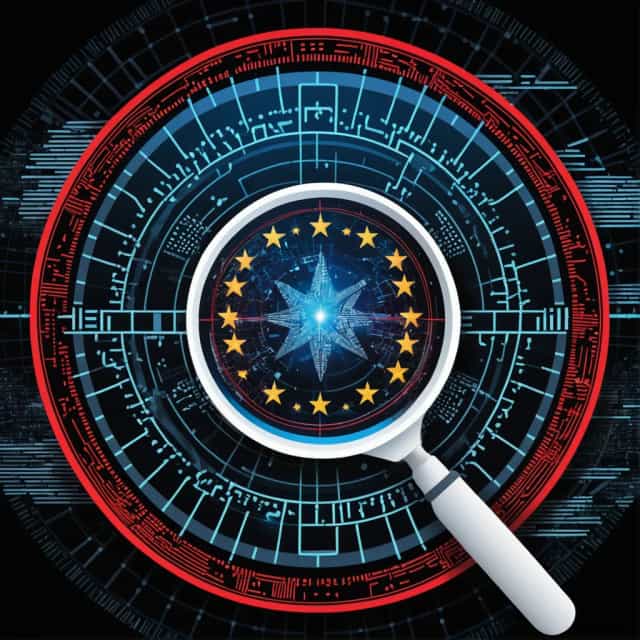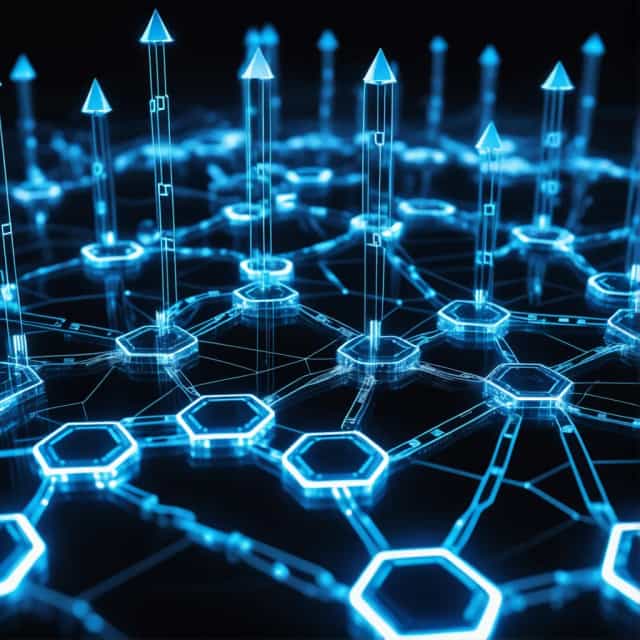
출처: Block Media
Peaq Unveils World’s First Tokenized RoboFarm in Hong Kong: A New Era for Agriculture Technology
Peaq, a pioneering blockchain network, has launched the world’s first "tokenized RoboFarm" in Hong Kong, representing a revolutionary step forward in agricultural and blockchain technology. The project is a collaboration between Peaq, blockchain platform DualMint, and urban agritech company Kanaya AI, headquartered in Hong Kong. This innovative initiative integrates cutting-edge automation, vertical farming techniques, and blockchain-based tokenization, setting new standards for sustainability and profitability in agriculture.
Leonard Dorlöchter, co-founder of Peaq, highlighted the transformative potential of this endeavor during the Korea Blockchain Week (KBW) 2025, stating, “This RoboFarm operates autonomously and delivers approximately a 20% return on investment. By utilizing agricultural machinery, it not only enhances local food infrastructure but also ensures consistent and stable profitability.”
The Vertical Farming Revolution: A Sustainable Solution for Urban Agriculture
At the heart of the RoboFarm’s innovation lies the incorporation of vertical farming, an advanced agricultural technique that employs stacked, multi-layer indoor crop cultivation. This method drastically reduces both land and water usage compared to traditional farming practices, making it an eco-friendly solution tailored to urban contexts. With food systems under increasing strain, vertical farming supports localized food production, reduces supply chain disruptions, and ensures year-round harvests.
Peaq has revealed that the RoboFarm in Hong Kong can complete up to 12 growing cycles annually, using just one-tenth of the water and land required by conventional methods. Moreover, the facility avoids pesticide use entirely, producing healthy, pesticide-free vegetables such as lettuce, kale, and spinach. Consumers can receive these fresh, sustainably grown products through subscription services that directly connect farms to homes, enhancing accessibility and convenience.
Blockchain Meets Farming: Tokenized Revenue Model via NFTs
The breakthrough aspect of the RoboFarm lies in its integration of blockchain technology, specifically its tokenized revenue system. DualMint, a key partner in this initiative, has created a mechanism that converts the RoboFarm’s revenues into non-fungible tokens (NFTs). These revenue-generating NFTs effectively allow holders to share in the project’s cash flows, creating a decentralized investment model accessible to individuals worldwide.
A waitlist for pre-registration of these unique agricultural NFTs is currently open, signaling significant interest in this novel investment approach. Peaq, as a Layer 1 blockchain focused on linking devices and robots within an autonomous ecosystem, provides the technical backbone for this operational framework. Meanwhile, DualMint’s expertise lies in converting tangible revenue-generating businesses—ranging from laundromats to vending machines—onto the blockchain, and Kanaya AI brings its specialization in automated vertical farming for dense urban populations to complete the triad partnership.
Challenges: High Costs and Centralization Concerns
Despite its immense potential, the RoboFarm faces notable challenges, particularly concerning its cost structure and broader industry implications. Implementing AI-driven robotic systems demands significant upfront capital, high energy expenditures, and the deployment of specialized personnel. These financial barriers could limit accessibility and adoption among smaller agricultural entrepreneurs.
Moreover, some experts express concerns that such cutting-edge farming systems, by virtue of their cost and complexity, could lead to the centralization of food production. If controlled by a few capital-rich organizations, this could create monopolistic tendencies in essential food supply chains, potentially marginalizing smaller competitors and disrupting market dynamics.
Ushering in the Machine Economy
Dorlöchter underscored that this project represents not only a shift within agriculture but a broader transformation towards what he described as the “machine economy.” He stated, “We are entering one of the greatest transformational periods in human history. The era of the machine economy has arrived.” This signals the growing convergence of automation, robotics, and blockchain technology to address some of the world’s most pressing challenges.
The groundbreaking RoboFarm is expected to enter full operational capacity in the fourth quarter of this year, positioning itself as a prototype for future autonomous, blockchain-enabled agricultural initiatives.
For further developments and updates, stay connected with BlockMedia through Google News or join their Telegram channels for real-time news coverage.





